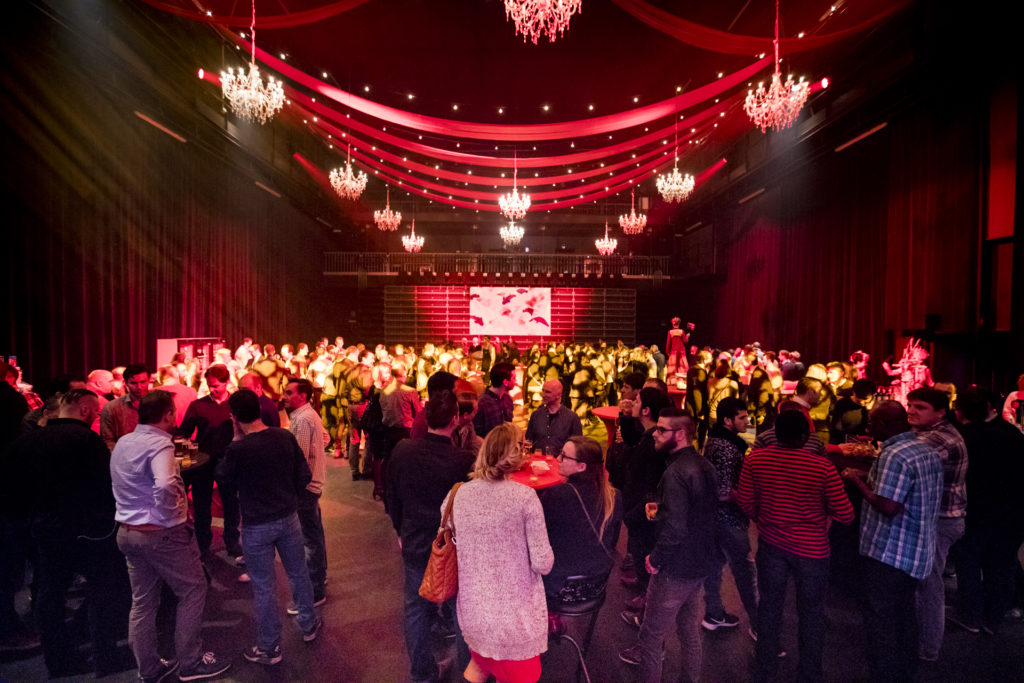Attending the Company’s Year-End Party: A Misstep in Humor Almost Alienated Me from My Colleagues
I never imagined that one careless remark at a company party would lead my colleagues to view me so negatively.
The year-end party that year is etched in my memory as an unforgettable lesson in the importance of emotional intelligence. It was the first time I realized how a thoughtless comment could leave such a bad impression and became a pivotal moment for my personal growth.
That evening, the atmosphere was lively. Everyone was chatting, laughing, and sharing stories about their work achievements, plans for the new year, and amusing anecdotes from daily life. As someone naturally outgoing, I wanted to contribute to the fun and keep the energy lighthearted. But in a moment of impulsiveness, I made a joke that backfired spectacularly.
During a game where the loser had to complete a playful dare, a colleague found herself at the center of attention. Everyone was laughing, and I decided to add my own comment, blurting out:
“Wow, if you keep playing like that, no one’s going to want you on their team!”
I meant it as a joke, but the laughter around me quickly died down.

Some colleagues exchanged uncomfortable glances. A few chuckled awkwardly, while others looked visibly annoyed. One even whispered to the person next to them, “How can someone have such low EQ and still think that’s funny?”
That comment felt like a bucket of cold water poured over me. Embarrassed and regretful, I tried to mask my discomfort but couldn’t stop replaying the moment in my mind.
After the party, I couldn’t shake the feeling of guilt and embarrassment. I lay awake that night, questioning myself. Why had my harmless attempt at humor gone so wrong? What was it about that comment that upset everyone?
As I reflected, I realized the issue wasn’t just what I said but the lack of sensitivity behind it. I had failed to consider how my colleague might feel, and my joke came across as thoughtless and disrespectful. Humor, I learned, isn’t always appropriate in every context, and careless words can unintentionally hurt others.
Determined to change, I began researching ways to improve my emotional intelligence. I read books on communication, practiced active listening, and made a conscious effort to think before speaking.
In the weeks that followed, I apologized to the colleague I had unintentionally offended. Thankfully, she laughed it off, saying it wasn’t a big deal, but I knew the experience had left a mark on me.
Over time, I noticed a change in myself. I became more thoughtful in conversations, choosing my words carefully and prioritizing empathy over humor. I focused on building genuine relationships with my colleagues instead of trying to be the center of attention.
The colleagues who had been distant began warming up to me, recognizing my sincerity and effort to change.
That year-end party was a small scar in my journey of personal growth, but it was also an invaluable lesson. I learned that words carry immense power and that emotional intelligence is crucial not only for professional success but also for fostering meaningful relationships.
Now, when attending social gatherings or team meetings, I remind myself to observe and listen more than I speak. My goal isn’t to be the funniest person in the room anymore but to create an environment where everyone feels comfortable and respected.
I still have a long way to go in becoming the best version of myself, but I’m committed to growing into someone who uplifts and connects with others genuinely.





